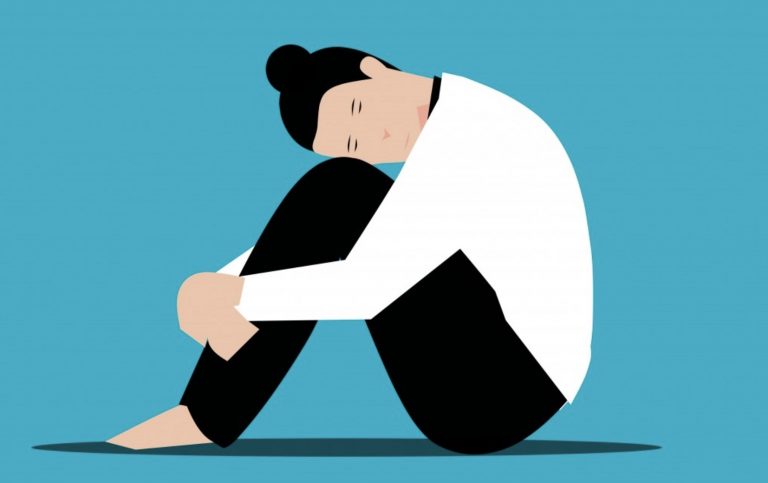What else could go wrong? As if dealing with a global pandemic, civil unrest, political drama, and climate change weren’t enough, the country’s economy is declining. Supply chain issues have led to inflation, resulting in higher living costs for Americans. Paychecks don’t spread as far as they used to as affording everyday necessities becomes more challenging. Although money isn’t everything, it is required to sustain a decent life. So, not having enough to live is likely to cause stress and anxiety.
What do you do? How will you survive if you can’t afford your home, utilities, groceries, vehicle, healthcare, and other essentials? While these are good things to consider in an impending recession, remaining fixated on these subjects increases your anxiety. Though anxiety is a natural response to traumatic or stressful circumstances like a recession, being in a constant state of fear will adversely affect your physical and emotional well-being.
Story Stages
How Do You Know If You Have Anxiety?
How do you know if your anxiety is a normal and natural response or a mental health disorder that needs to be treated? You can take an anxiety quiz, evaluate your symptoms, or speak with a doctor. Some signs of anxiety include the inability to control overwhelming emotions, fatigue, lack of concentration, changes in appetite, body aches, and sleep challenges. If you believe you’re dealing with an anxiety disorder, consult a therapist immediately for professional assistance and treatment.
Managing Anxiety
If the recession is causing you to feel anxious more often, you’re not alone. Fortunately, there are ways to control your financial stresses and money woes. Continue reading for some tips.
Minimize Media Exposure
While the news, social media, and the internet help keep you informed about current events, they can also be anxiety triggers. When you’re constantly hearing or reading about the state of the nation’s economy and the impact on citizens, it enhances your doubt, worry, and fear. Minimizing your exposure to media can help ease your anxiety. Consider accessing these channels once a day for no more than an hour or so, then tune it out.
Create A Financial Plan
Anxiety is ultimately a fear of the unknown. Not knowing what will happen in the upcoming weeks, months, or years is terrifying, especially when you have no control over the circumstances or outcome. One way to reduce your worries is to create a financial plan. When you have a realistic strategy for handling your finances and providing for yourself and your family, you’re less fearful.
You may need to rearrange your budget, reduce unnecessary expenses, boost your savings, or find other ways to make money to ensure that you can afford the rising cost of living. Your financial plan might also include alternatives like downsizing, relocating, or turning to government-funded programs for assistance.
Have Fun
When you think about a recession, it’s kind of hard to have fun. However, doing something you enjoy can be just the thing you need to overcome your fears. There are other things in life to appreciate and experience that will provide a great distraction. Spend time with loved ones, attend community events, pick up a hobby, or participate in activities that bring you peace and happiness.
Use Relaxation Techniques
You will undoubtedly experience some form of anxiety during a recession. When it occurs, you must have healthy ways to calm down. Use relaxation techniques like meditation, yoga, massages, nature walks, or even taking a nap to reduce stress and anxiety levels when you’re feeling overwhelmed.
There’s no denying that the chaotic and uncertain state of the country’s economy is frightening. All anyone wants is to be able to afford a decent quality of life. When your livelihood is compromised (or up in the air), panic is only natural. Be that as it may, remaining in a state of fear and worry can lead to severe physical and emotional issues. The anxiety management tips above can help you get through these trying times while maintaining your sanity.
